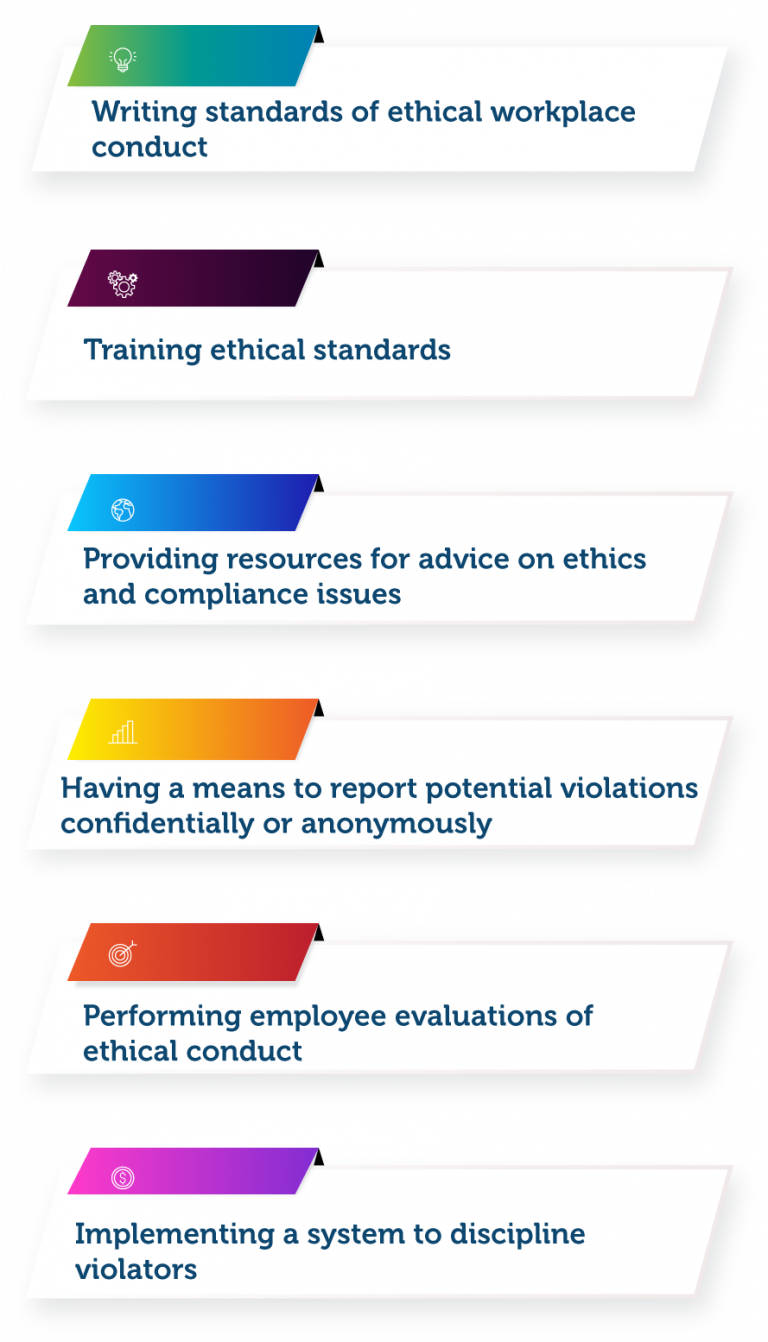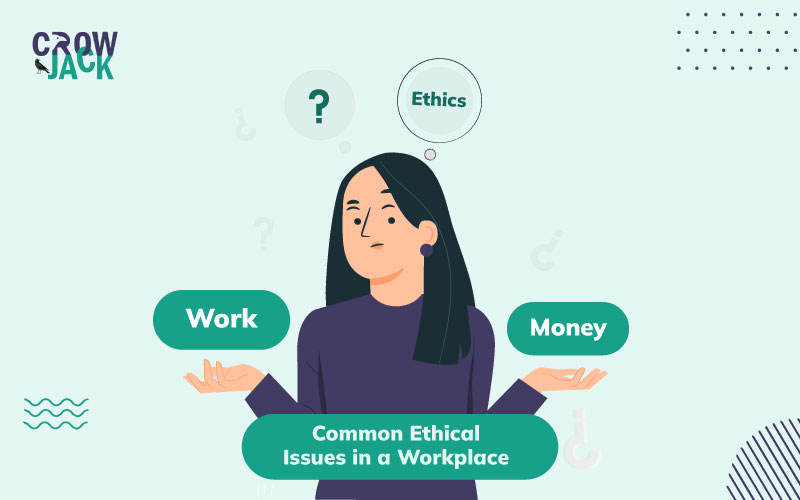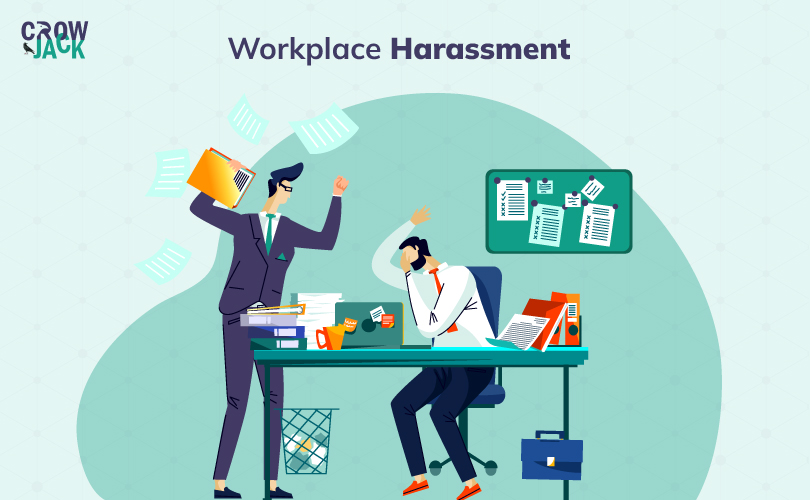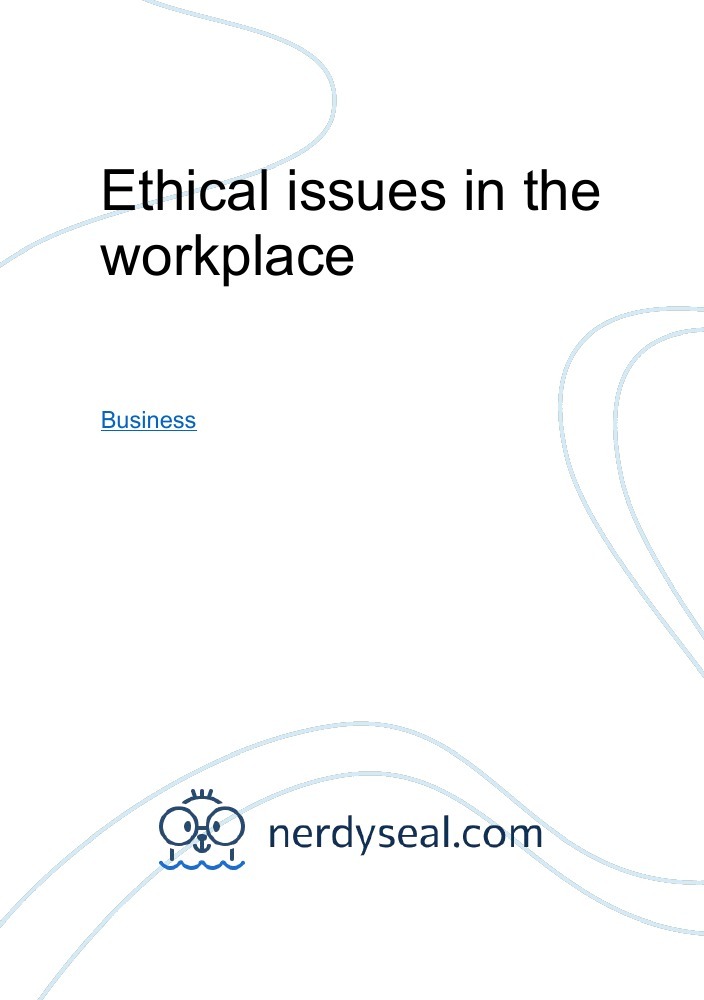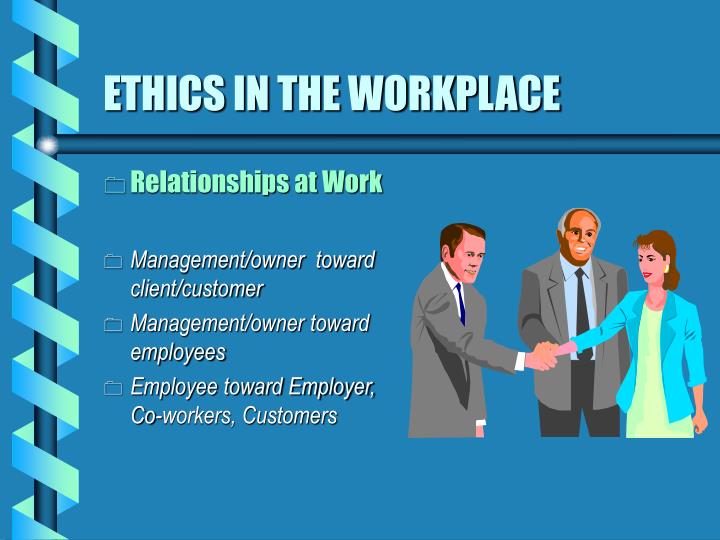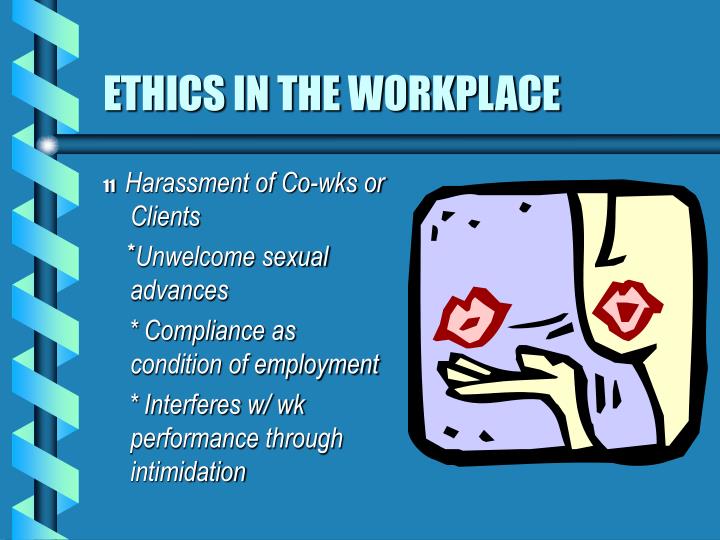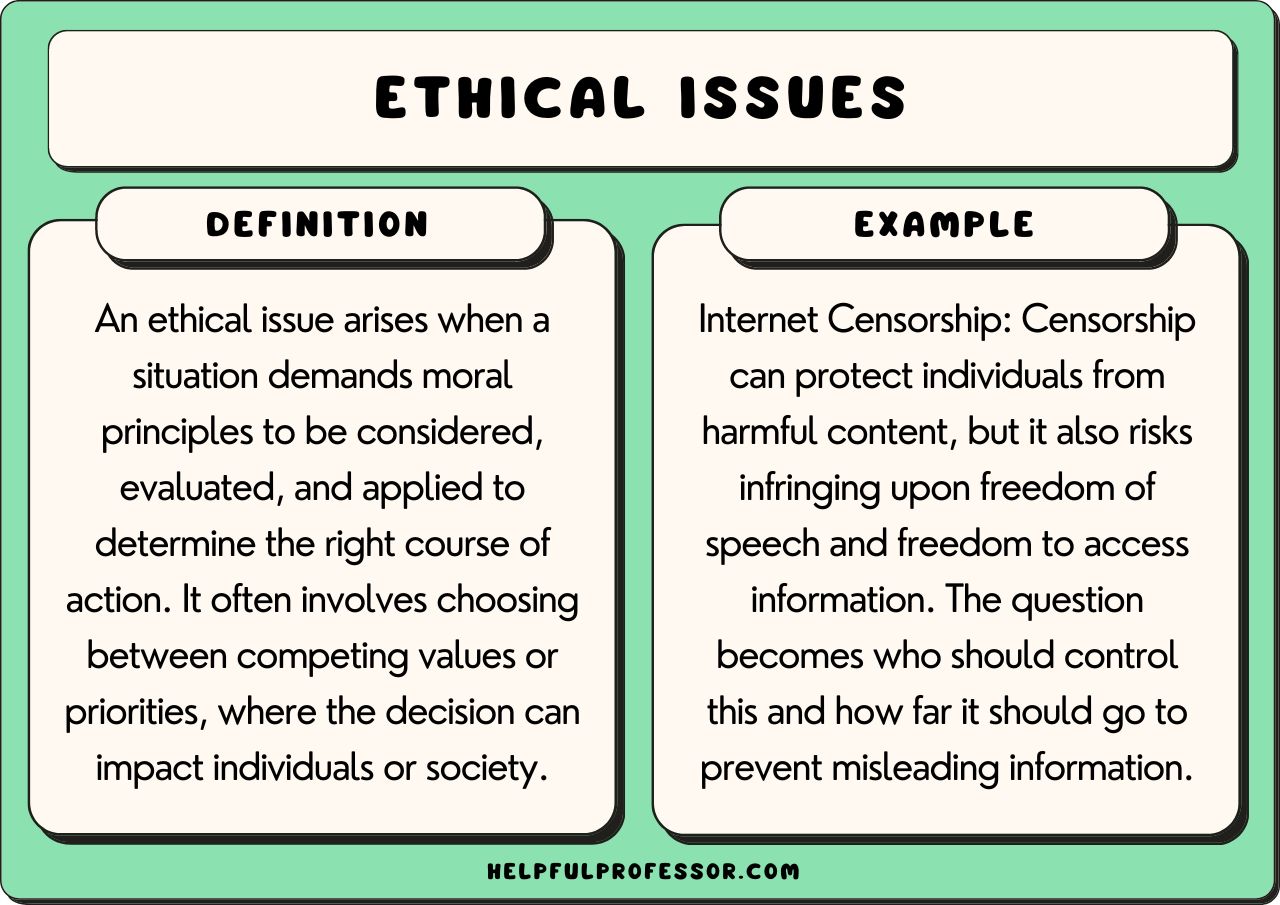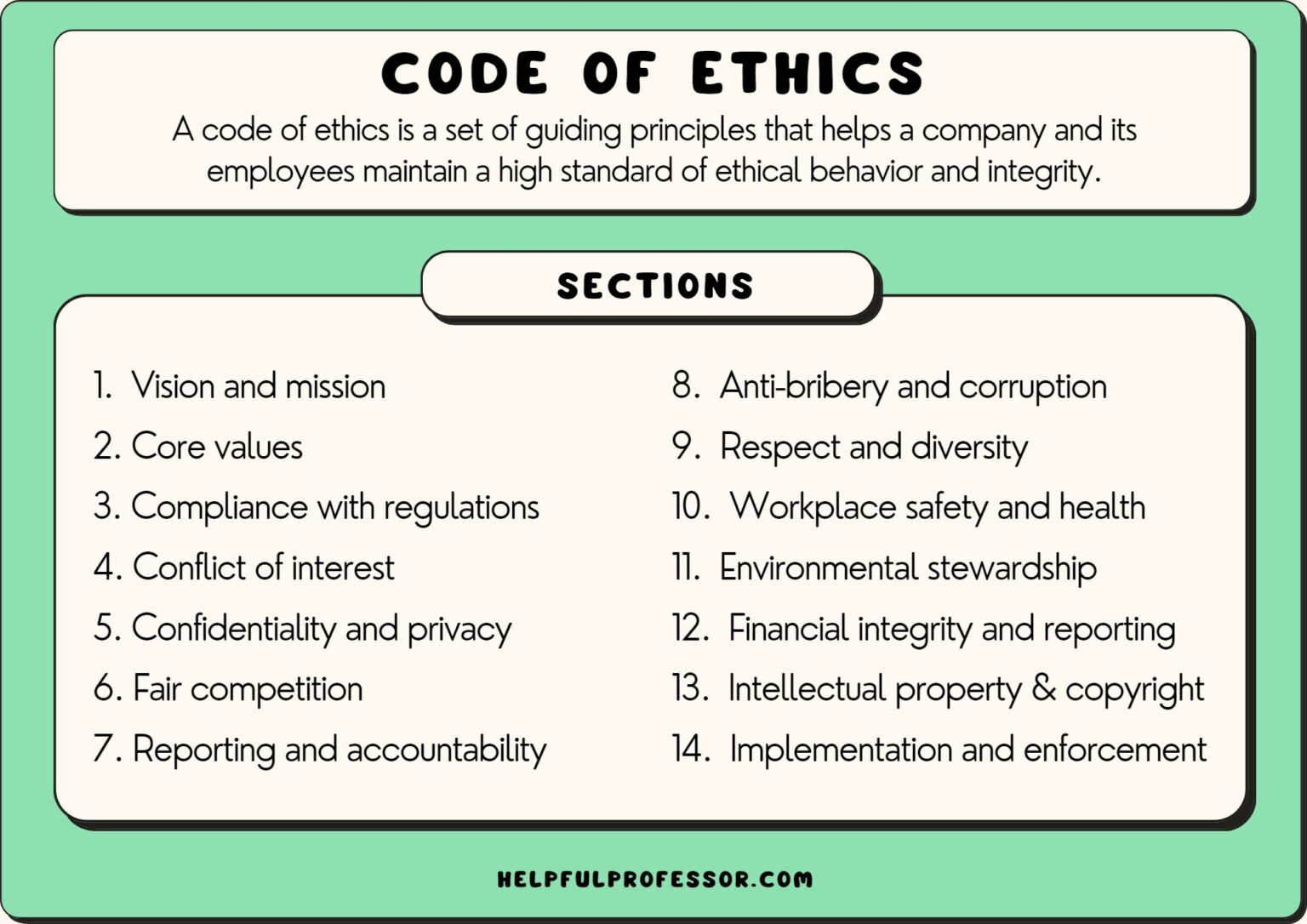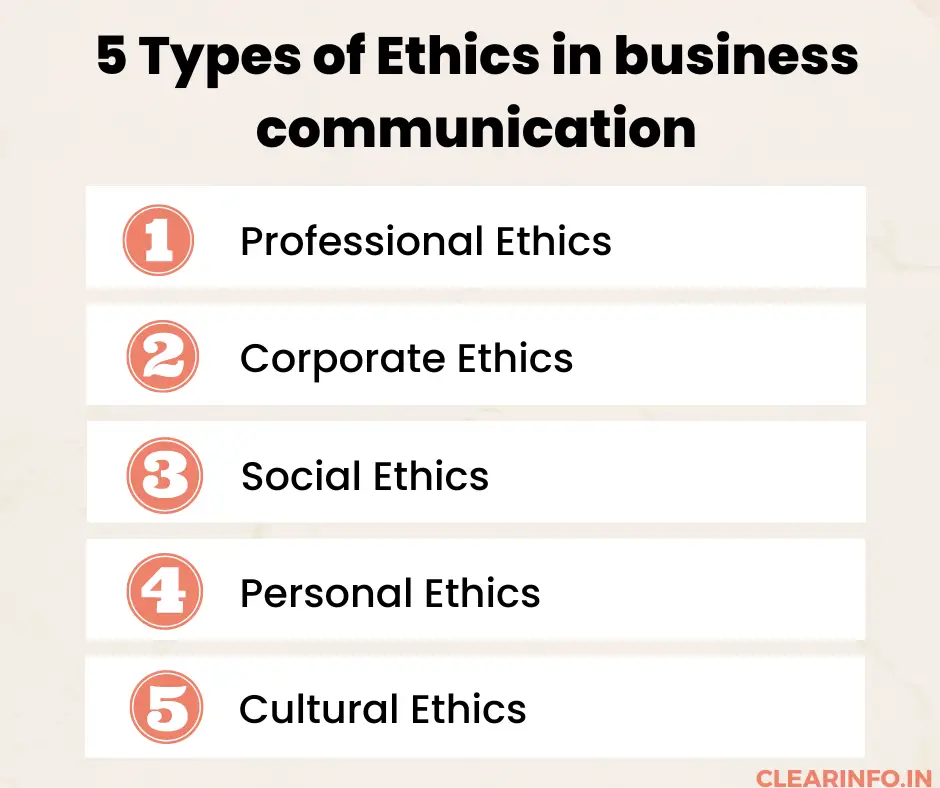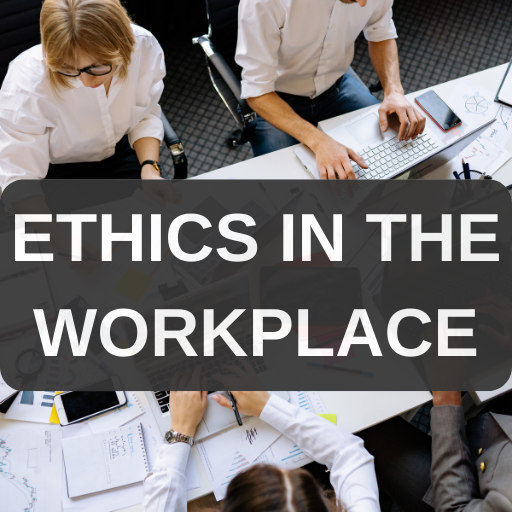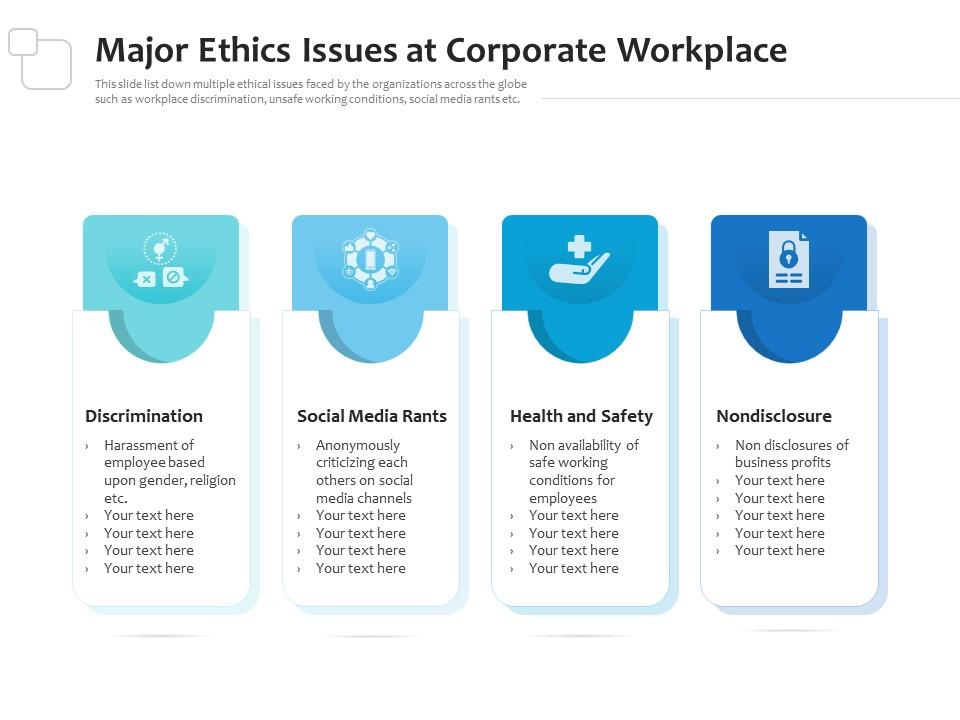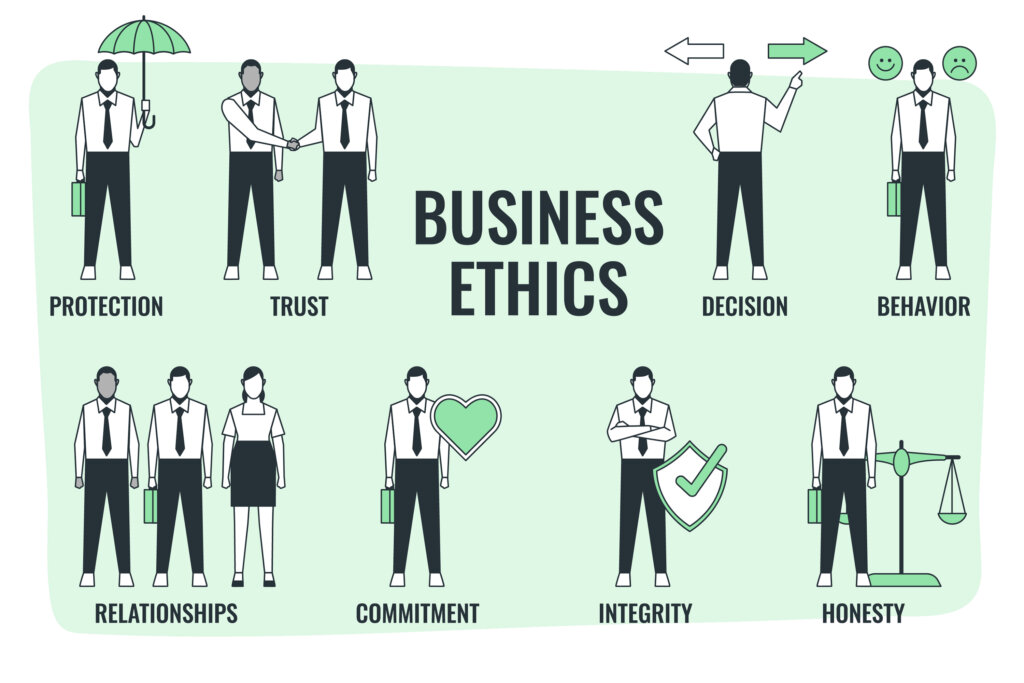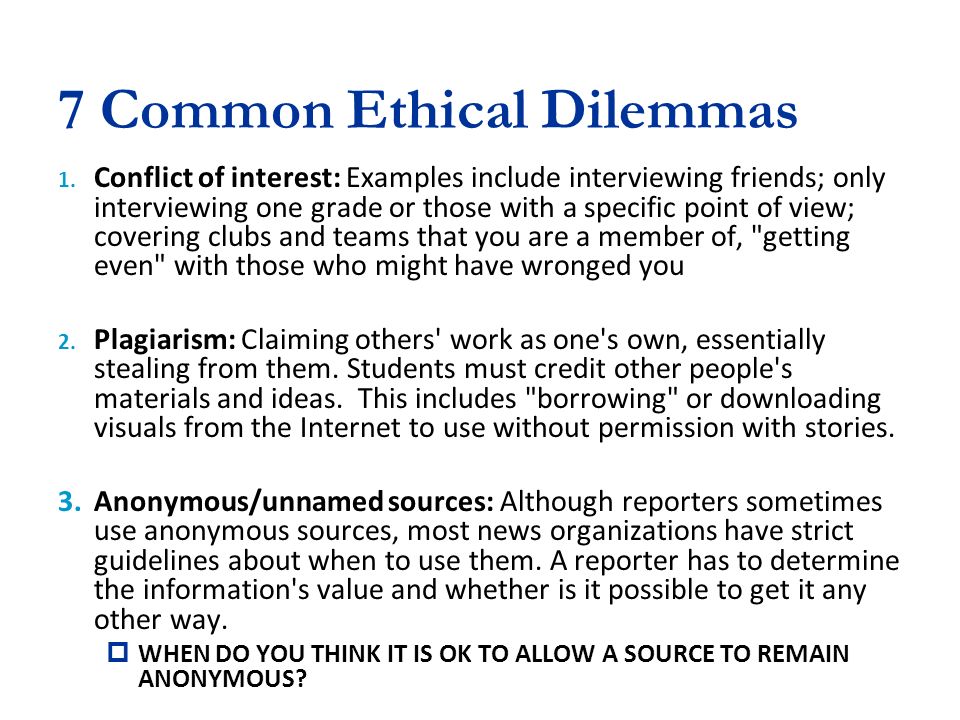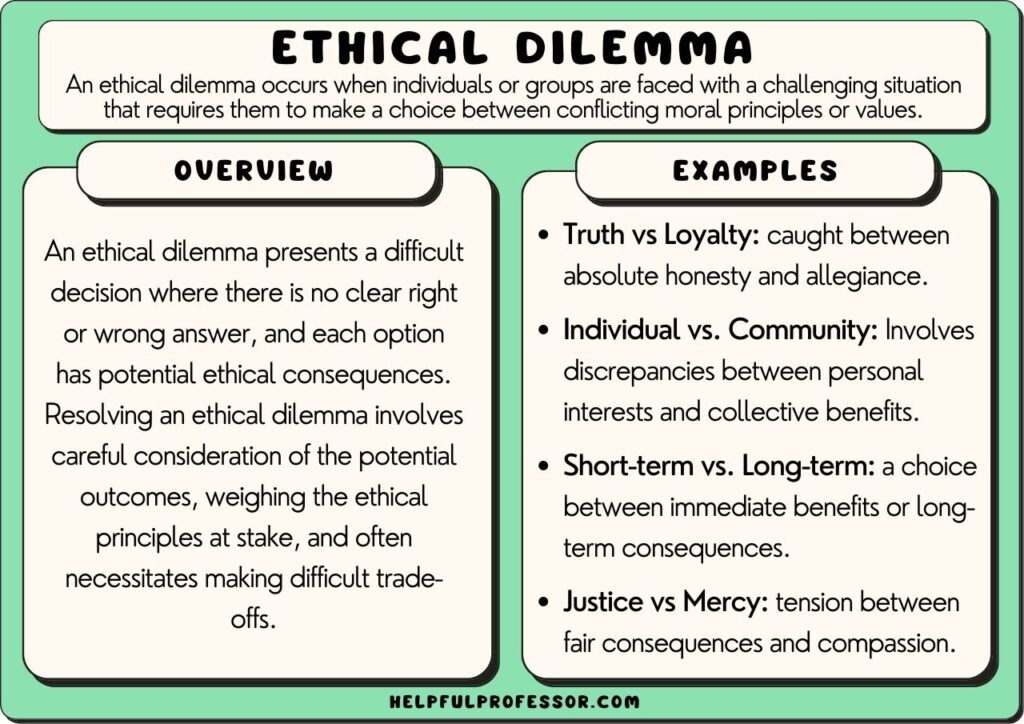List Of Ethical Issues In The Workplace

Imagine Sarah, a bright-eyed recent graduate, stepping into her first corporate job. The excitement is palpable, but little does she know, the seemingly straightforward world of work can be a minefield of ethical dilemmas. From subtle biases to overt conflicts of interest, the workplace presents a daily challenge to navigate the gray areas between right and wrong.
This article delves into some of the most common ethical issues encountered in the modern workplace. Understanding these challenges is crucial for fostering a culture of integrity, fairness, and respect. These principles, in turn, contribute to a more productive and fulfilling environment for everyone.
The Foundation: What Are Workplace Ethics?
Workplace ethics are the moral principles and guidelines that govern behavior within a professional environment. They encompass a wide range of issues, from basic honesty and fairness to more complex considerations like corporate social responsibility and data privacy. Strong ethical standards are essential for building trust with employees, customers, and stakeholders.
Common Ethical Issues: A Closer Look
Several recurring ethical issues plague workplaces across industries. Let's examine some of the most prominent:
Discrimination and Harassment: These are perhaps the most widely recognized ethical breaches. Discrimination, whether based on race, gender, religion, or other protected characteristics, violates fundamental human rights and undermines a fair and inclusive work environment. Similarly, harassment, including sexual harassment, creates a hostile atmosphere and can have devastating consequences for victims.
Conflicts of Interest: These arise when an employee's personal interests clash with the interests of the organization. According to a study by the Ethics & Compliance Initiative (ECI), conflicts of interest are a significant source of ethical concern. Failing to disclose a potential conflict can erode trust and lead to biased decision-making.
Confidentiality Breaches: Protecting sensitive information is paramount in many industries. Whether it's client data, trade secrets, or internal strategies, employees have a responsibility to maintain confidentiality. Violations can lead to legal repercussions and damage a company's reputation.
Dishonesty and Fraud: These include activities like falsifying records, misrepresenting financial data, or engaging in other forms of deception. Such actions can have serious legal and financial consequences, as well as damaging a company's integrity.
Intellectual Property Rights: Respecting intellectual property is crucial. This means not stealing ideas or claiming credit for others' work. The theft of intellectual property can significantly harm innovation and competitiveness.
Bribery and Corruption: Offering or accepting bribes, even in seemingly small amounts, is unethical and often illegal. Corruption can distort markets and undermine fair competition.
Data Privacy and Security: With the increasing reliance on technology, protecting data privacy and security has become an essential ethical consideration. Organizations must handle personal data responsibly and take steps to prevent data breaches.
Building an Ethical Workplace
Creating a culture of ethics requires a multi-faceted approach. It's not enough to simply have a code of conduct; ethics must be embedded in the organization's values and practices.
Leadership Commitment: Ethical behavior starts at the top. Leaders must demonstrate a strong commitment to ethics and hold themselves and others accountable for upholding ethical standards. This tone must be consistent and authentic.
Training and Education: Employees need to be educated about ethical issues and provided with the tools to navigate complex situations. Regular training sessions can help raise awareness and provide guidance on ethical decision-making.
Clear Policies and Procedures: Establishing clear policies and procedures related to ethical conduct is essential. These policies should be easily accessible and understood by all employees.
Reporting Mechanisms: Employees need a safe and confidential way to report ethical concerns without fear of retaliation. Anonymous reporting hotlines and open-door policies can encourage employees to speak up.
Consistent Enforcement: Ethical policies must be consistently enforced. Failure to do so can undermine the credibility of the organization and send the message that ethical breaches are tolerated.
The Long-Term Benefits of Ethical Conduct
While navigating ethical dilemmas can be challenging, the long-term benefits of ethical conduct are undeniable. Ethical workplaces tend to have higher employee morale, increased productivity, and stronger reputations. Furthermore, they are more likely to attract and retain top talent.
Investing in ethics is not just a matter of doing the right thing; it's a strategic imperative that can enhance a company's long-term success. Embracing a culture of integrity creates a more sustainable and resilient organization.
Ultimately, Sarah's journey through the corporate world will be shaped by the ethical choices she makes and the ethical environment she encounters. By understanding and addressing the ethical challenges in the workplace, we can create a more just, equitable, and rewarding experience for everyone.

